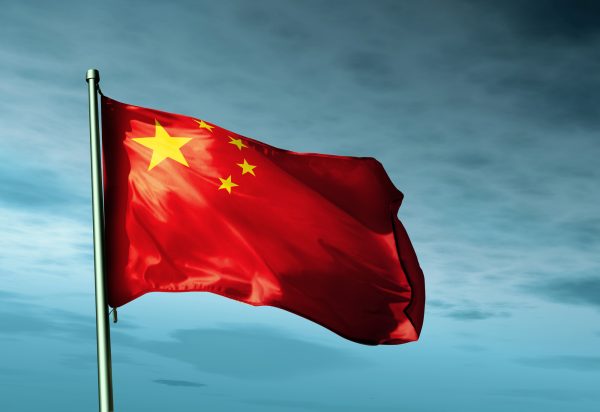Will this Chinese narrative on Xinjiang last for long?
Hong Kong,:
Using a variety of means, the CPC has managed to silence governments, businesses and civil society organizations from criticism of its actions in Xinjiang, especially human rights abuses against the Uyghur community, reported The HK Post.
A new report by the Australian Strategic Policy Institute (ASPI) shows that the Chinese narrative on Xinjiang has managed to sidestep global criticism of human rights abuses in Xinjiang.
Albert Zhang, an analyst and Tilla Hoja, a researcher at the ASPI International Cyber Policy Centre say that China is projecting its “preferred narratives” about Xinjiang and influencing “unwitting” audiences across the globe.
The report’s release coincides with media coverage on China, circulating a letter, urging the UN High Commissioner for Human Rights, Michelle Bachelet, to bury a report on human rights violations in Xinjiang.
China has been urging Bachelet to bury the report by directly writing to her and trying to gather diplomatic support for the move among diplomatic missions in Geneva since late June. China had asked countries to sign the letter to show their support, reported The HK Post.
UK-based confirmed the existence of this letter (July 19, 2022) and stated that three Ambassadors had received the letter.
The letter reportedly says, “The assessment (on Xinjiang), if published, will intensify politicisation and bloc confrontation in the area of human rights, undermine the credibility of the OHCHR (Office of the High Commissioner for Human Rights), and harm the cooperation between OHCHR and member states,” adding that “We strongly urge Madame High Commissioner not to publish such an assessment.”
The new ASPI report, assessing the impact of CPC information operations relating to Xinjiang, shows that online information operations flood social media with positive depictions of Xinjiang and whitewashing evidence of human rights abuses.
Notably, the CPC is using technology to enforce transnational digital repression claims ASPI and influences unwitting audiences beyond China’s territory.
This includes tactics to deny, distract from and deter revelations or claims of human rights abuses, including the arbitrary detention, mass sterilisation and cultural degradation of minorities.
These activities are coordinated with other coercive tactics such as state-affiliated trolling campaigns, cyber surveillance operations and offline harassment.
The ASPI study found that Xinjiang-focused CPC propaganda and information operations were more effective on Facebook than on other platforms such as Twitter.
The study collected and analysed a vast amount of data, including Chinese government documents and speeches, statements made to the UN Human Rights Council, corporate responses to Chinese state-affiliated consumer backlashes (regarding Xinjiang-related forced labour), 613,301 Facebook posts, 6,780,809 tweets and retweets, and 494,710 media articles.
One major revelation is that of the top 400 Facebook posts with the most interactions (including reactions and shares), 60 per cent were posted by Chinese state media and diplomats.
As opposed to this, of the top 1,000 tweets with the most interactions, only 5.5 per cent were posted by Chinese state media and diplomats and 4 per cent were from accounts suspended by Twitter for platform manipulation.
Pertinently, CPC’s efforts are focused on the exploitation of US-based social media and content platforms in this disinformation campaign.
Social media data collected by this report confirmed that the CPC and state-affiliated entities are deploying coordinated inauthentic accounts to amplify their online public diplomacy and disseminate disinformation, reported The HK Post.
News articles in different languages varied significantly in the tone of their reporting about Xinjiang and reflected differences in global public opinion about the CPC’s policies in the region, reported ASPI.
Out of 494,710 articles analysed in more than 65 languages, Chinese-language articles conveyed positive assessments of Chinese state policy and action in Xinjiang.
Statistically similar results came from analyses of articles published in Urdu, Japanese, Thai and Turkish.
OCHCR chief Michelle Bachelet has been facing severe criticism for being too soft on China during a May 2022 visit. The first visit of the rights body chief thus turned out to be a “wasted historic opportunity”.
Bachelet has since confirmed that she will not be seeking a second term in August for personal reasons but has pledged to publish a report on the western Chinese region of Xinjiang.
This report, if released, would be a major addition to the available literature created by rights groups and international NGOs who have accused China of abuses against Xinjiang’s Uyghur inhabitants, including the mass use of forced labour in internment camps.
The Chinese are worried about the impending release of the OCHCR study. Efforts to block its release by attempting to garner diplomatic support in the UN system should not come as a surprise as China controls several UN organizations and its nationals are present everywhere across the UN system.













